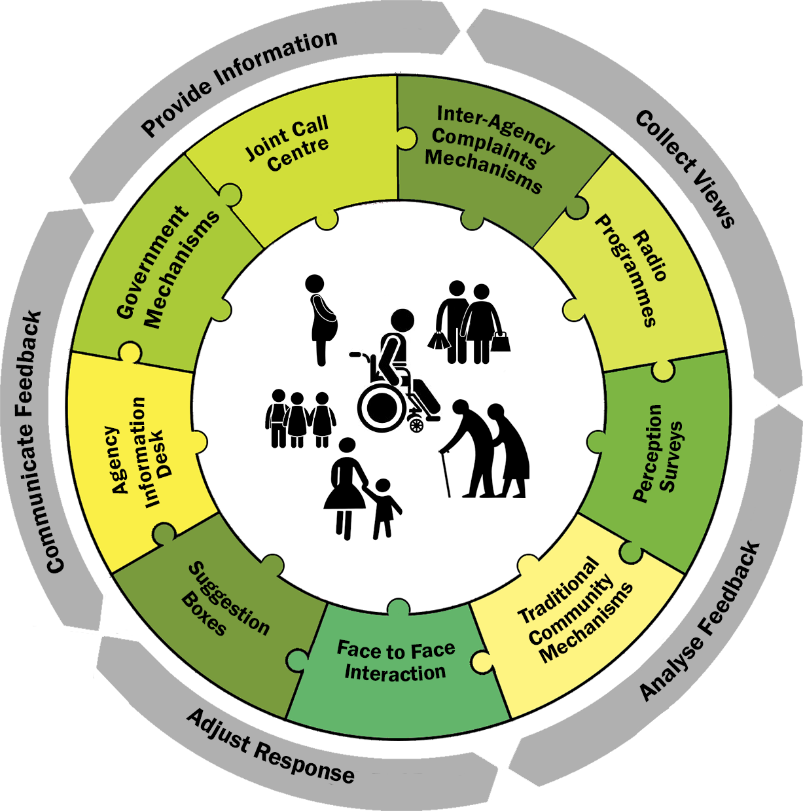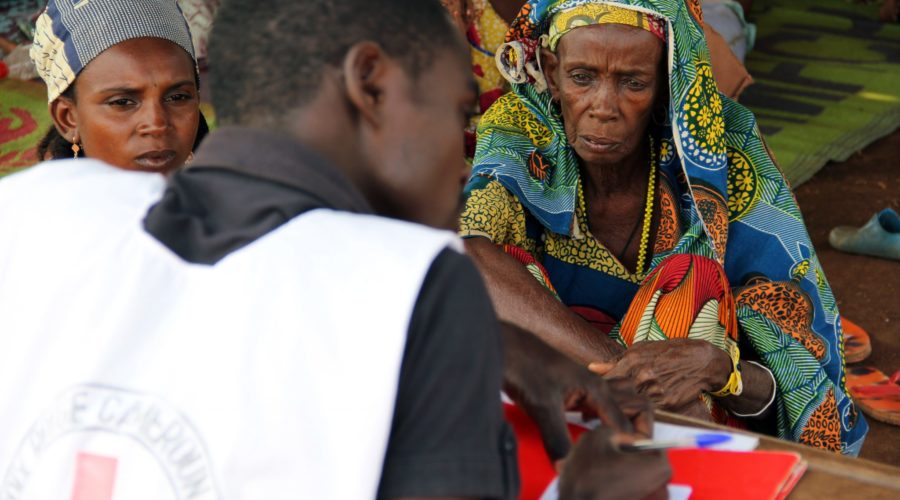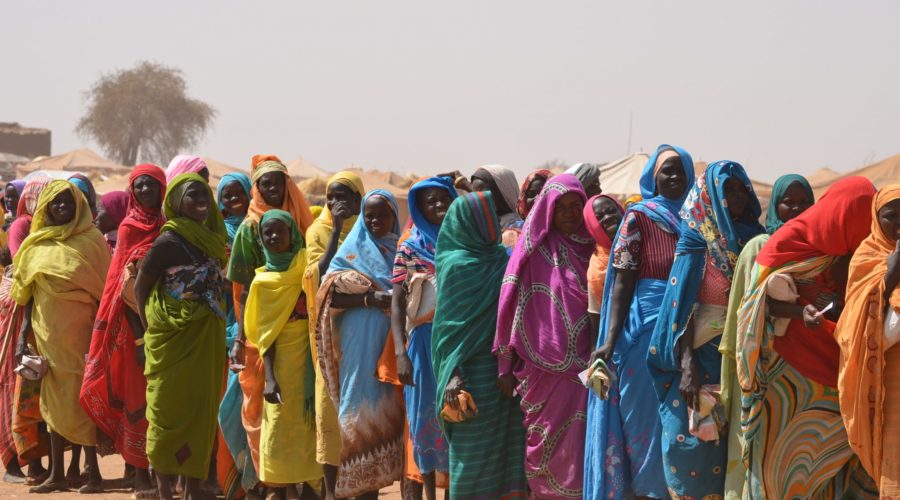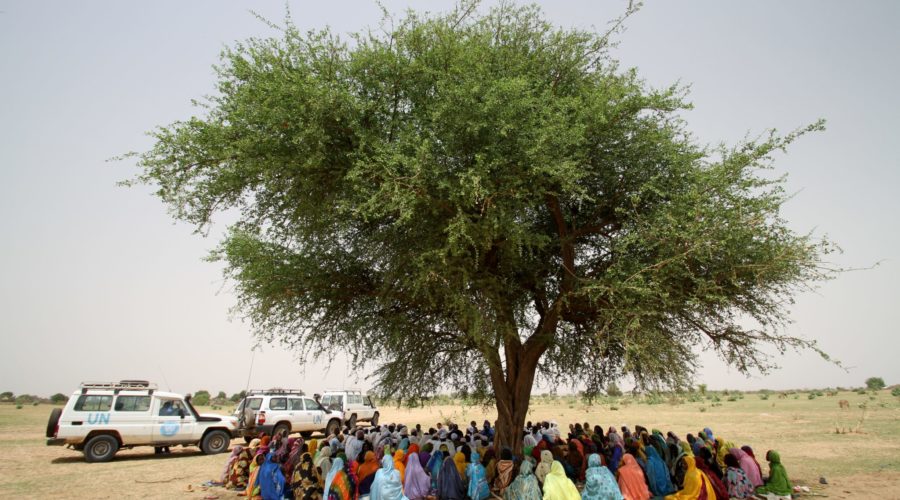Accountability to affected people (AAP) gives affected people influence over decisions related to their need for support. It takes into account the diversity of communities and allows for the voice of the most vulnerable to be equally considered. It is a recognition of affected peoples’ dignity, capacity, and ability to decide for themselves what their needs are.

The December 2011 IASC Principals meeting endorsed five Commitments to Accountability to Affected Populations and agreed to incorporate the AAP into the policies and operational guidelines of their organisations and promote them with operational partners, within Humanitarian Country Teams and amongst cluster members. In 2013, the IASC released an AAP Operational Framework that summarises key concepts for making programming at the field level more accountable to affected populations.
During P2P missions and OPRs, the P2P team has seen that many organisations have sound project-based AAP processes. However, these do not always translate into collective effort. Humanitarian Coordinators and Humanitarian Country Teams have requested support to put in place collective approaches to AAP. In partnership with the IASC Task Team on AAP, the P2P team produced a note that sets out some practical steps that Humanitarian Coordinators and Humanitarian Country Teams can take to ensure that Accountability to Affected People guides collective humanitarian response. These steps include:
- Lead by examples. HCs and HCT members should talk directly to people affected by crisis as often as they can.
- Support local and national organisations to be represented within, and have influence over the humanitarian response including within the HCT.
- Integrate AAP across the programme cycle by identifying appropriate channels of communication, ensuring that joint needs assessments are participatory and ensuring the Humanitarian Reponse Plan is based on the voice of affected people. For example DRC and Iraq use the Core Humanitarian Standards (CHS) as a common framework.
- Receive regular updates on the views and feedback from affected people and adapt the humanitarian response. Nominate an AAP focal point with direct link to the leadership, include AAP as a standing item on the ICCG agenda and as a quarterly discussion at the HCT level.
- Support tailor-made collective mechanisms for communicating with communities and addressing feedback. Pooled funds could finance the project. Some good practices could be adapted to the country context such as the joint call center in Iraq, the Darfur joint hotline or InterNews radio programmes in South Sudan. The IASC Best Practice Guide on inter-agency community-based complaints mechanisms is a useful tool that is applicable to joint feedback mechanisms.





